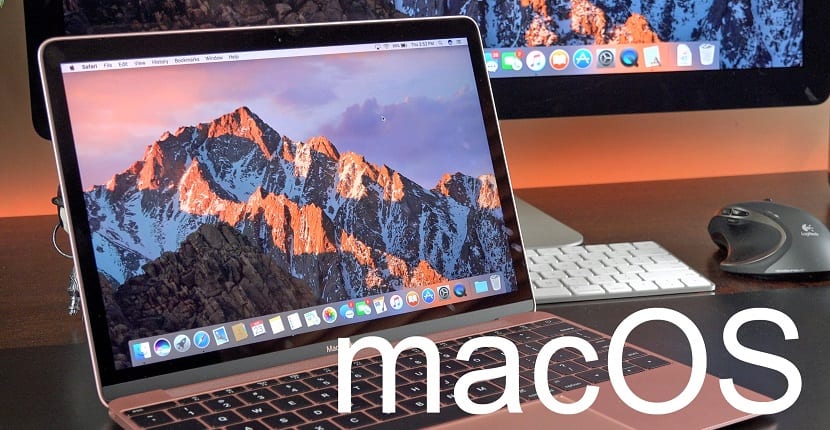
Currently we are very used to security flaws coming to light practically every day that have either been detected in time by the different firms that are professionally engaged in this or directly exploit in the face of different companies, compromising incidentally the data from millions of users who use these services daily and see how their identifiers and personal data are sold to the highest bidder on the deep internet.
This time we have to talk about Apple, a company whose products have always been understood as safe by some users or rather as'uninteresting' for others. I say this of little interest because the number of users who 10 years ago used an Apple computer was practically negligible compared to the users who were using other operating systems at that time, for example Windows or Linux, something that made people who tend to take advantage of this kind of flaw usually bet on attacking this kind of operating system since the impact of their software will be much greater.

The problem detected is not typical of macOS but rather of the documentation provided by Apple itself
Going into a little more detail we have to focus on a problem that has been present for more than 11 years in the macOS operating system, which is much more serious than you can imagine since any type of malicious application could take advantage of this security hole to appear as signed by Apple. This means that, when trying to open, it does not trigger Gatekeeper, the security system installed by default in the operating system and responsible for running third-party applications not verified by Apple.
It should be noted that not only was Gatekeeper not running, but the antivirus systems developed specifically to detect malware in the operating system developed by Apple also did not sound the alarm since these applications, despite the fact that they had not passed Apple's scrutiny, they went totally unnoticed because, clearly, it seemed to be signed by the North American company, which made them be verified and free of possible security flaws that could compromise the performance and safety of the equipment.
Despite there being no official announcement in this regard, Apple has updated all the documentation available for developers
To understand this problem a little better, tell you that when an application passes Apple's security checks and gets the company to sign it digitally, the operating system introduces it in a kind of whitelist of applications verified by the company that comply with the standards of the system itself. At this point, it seems that the real problem that resided in macOS was not with the operating system itself in particular, but that it was the fault of the documentation that the developers had for the signing of applications by Apple.
Based on the statements made by Patrick Wardle, one of the developers who has managed to discover this dangerous security flaw in macOS:
According to the researchers, the mechanism that many macOS security tools have used since 2007 to verify digital signatures has been trivial. As a result, it has been possible for someone to pass malicious code such as an application that was signed with the key that Apple uses to sign its applications.
To be clear, this is not a vulnerability or a bug in Apple's code ... basically it's the fault of unclear and confusing documentation that led people to misuse their API
Apparently from Apple they would take time working on how to solve this problem, which seems to have already been repaired if we take into account that the company has completely updated the documentation available for developers, thus ending with a very critical security problem that all macOS users have had for, more or less, about 11 years .
